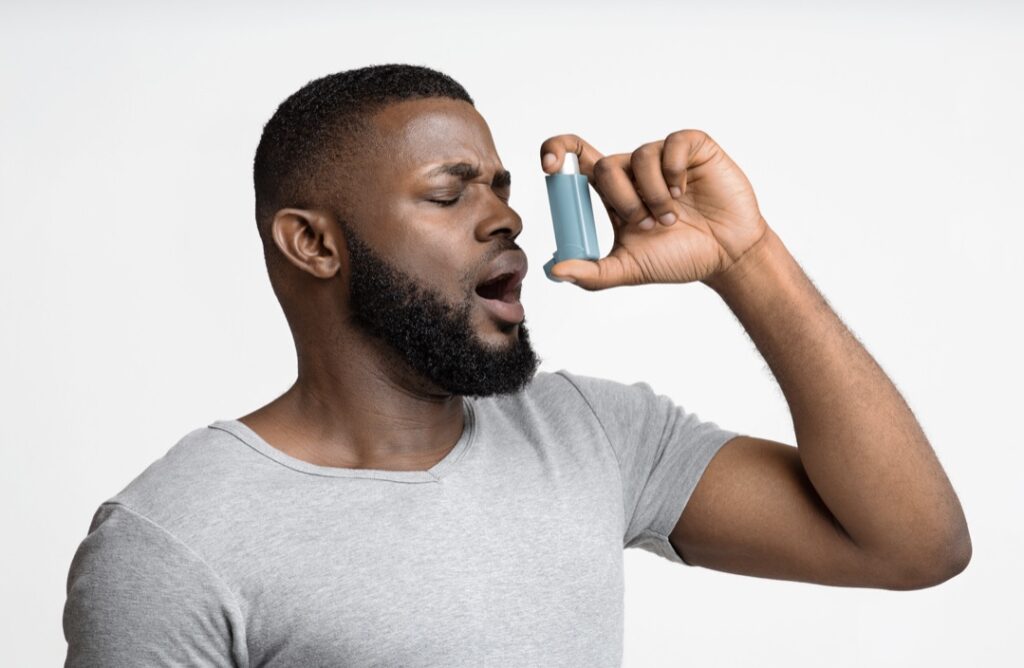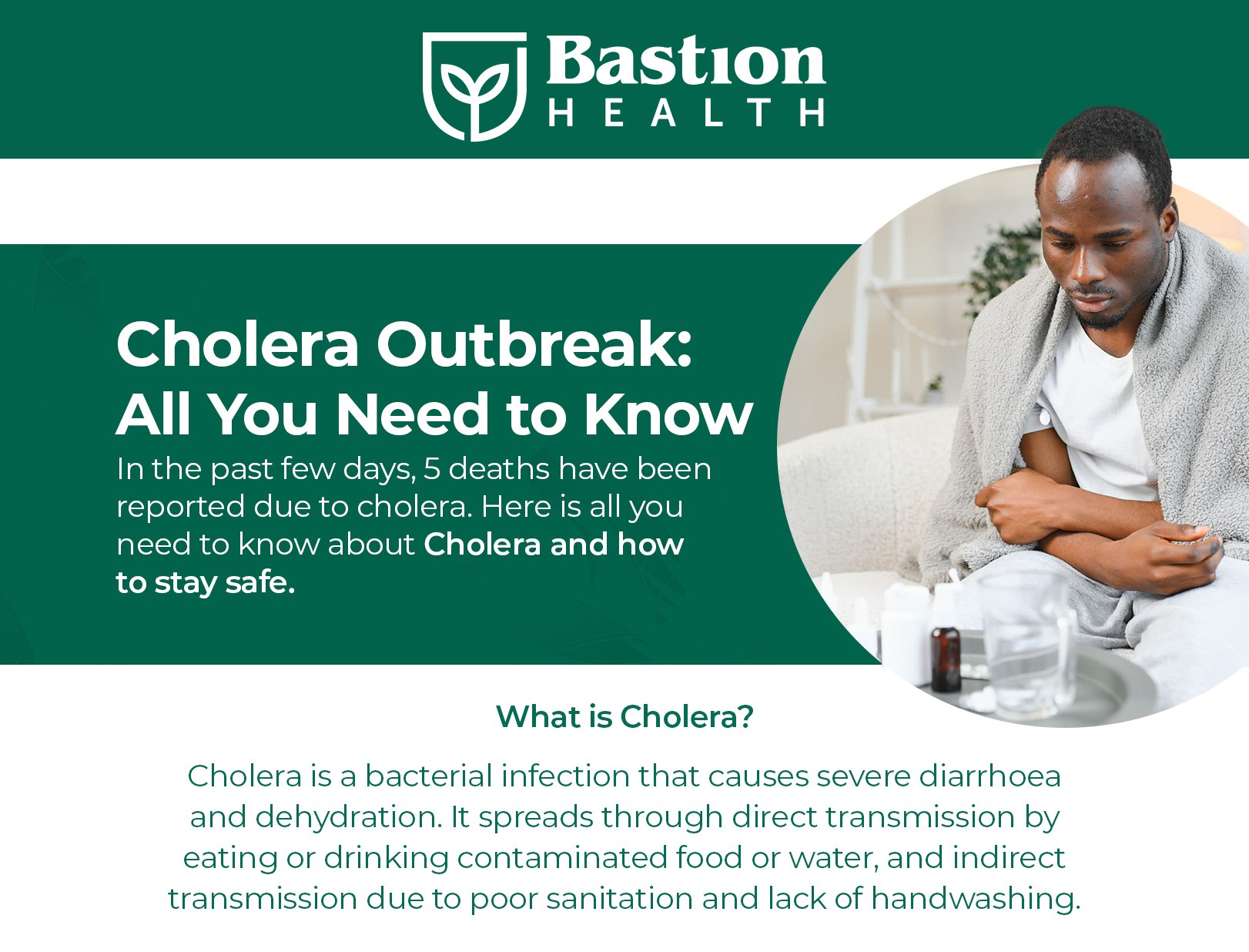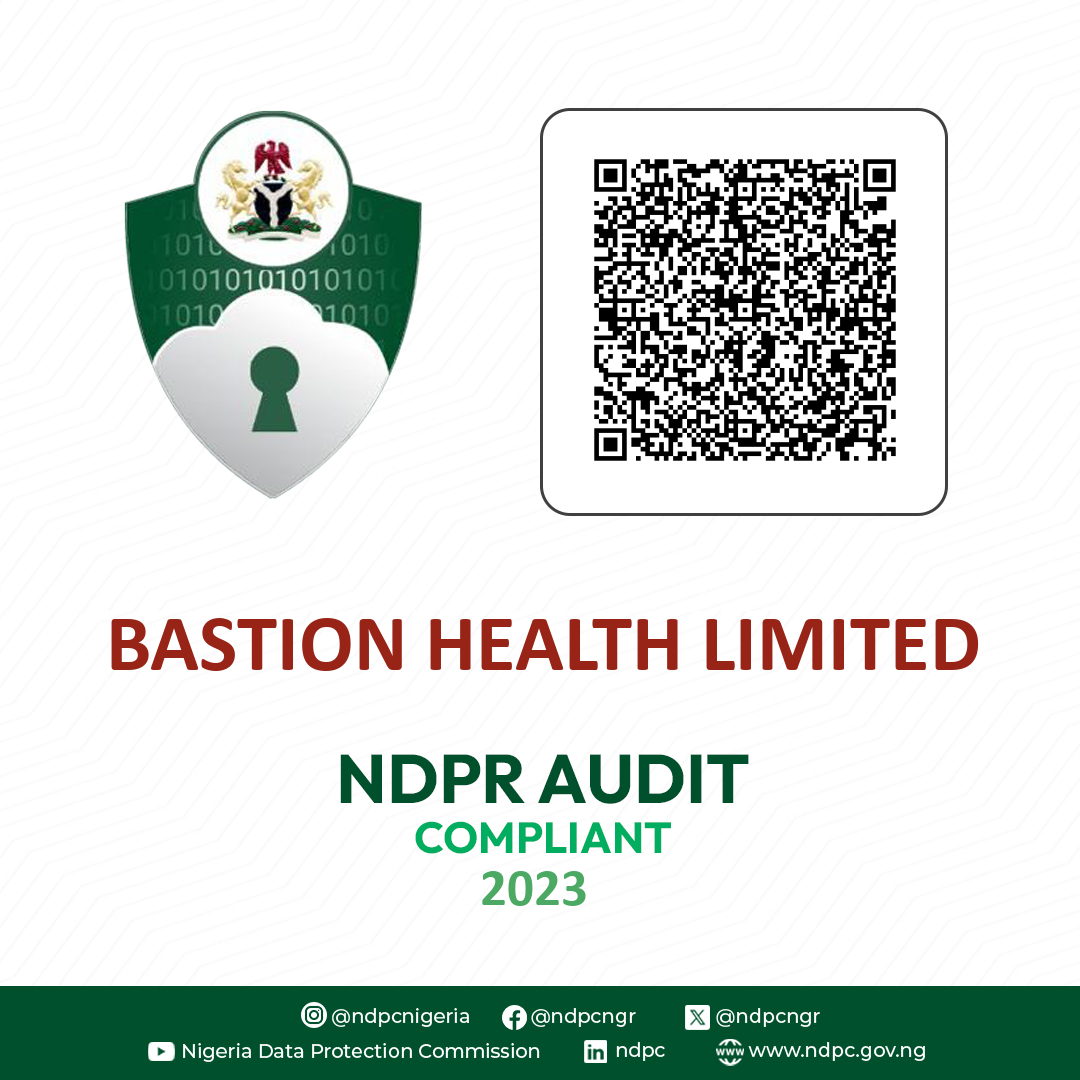“Where have you been, Chima?” Nedu asks his friend.
Chima and Nedu have been friends for more than 10 years and like a lot of other things, they share the same ailment.
“Well, I was not feeling too good yesterday. I had to stay back at home. I couldn’t breathe properly and had to use my inhaler.” Chima confesses.
“I’m sorry, my friend. I’ve surprisingly not had any issues with breathing for over 2 years now. What could be the reason why you have been having attacks?” Nedu asks Chima.
“I really don’t know, Nedu. I’m confused. But what have you been doing to avoid attacks?” Chima asks Nedu.
What is Asthma?
Asthma is a chronic airway disease that results in episodes of difficulty breathing, cough and chest tightness. The disease is due to an exaggerated inflammation in the airways in response to innocuous (harmless) substances. This causes narrowing of the airways. It’s a disease that runs in families and is quite common.
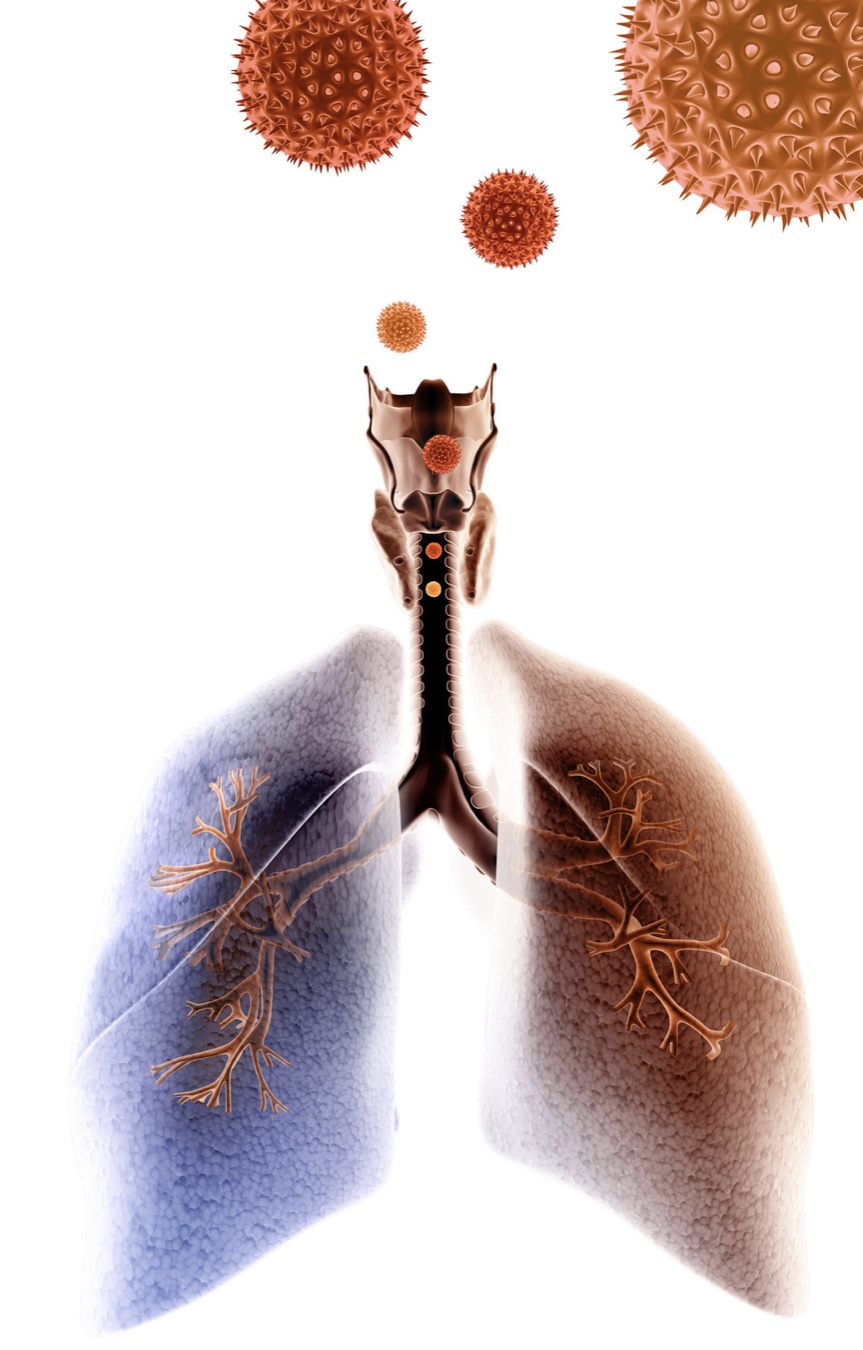
How do I prevent attacks of Asthma?
Just like Nedu, there are a lot of people who have been diagnosed with asthma but have been relatively symptom-free for a long period. Simple tips to achieving this include:
- Clinic visits: This is one of the most important sources of information for people with a diagnosis of asthma. A lot about the management of asthma is based on education. This ensures that symptoms are avoided and lifestyle modifications to avoid exacerbation of symptoms are implemented.
- Following medical advice: Apart from clinic visits, adhering to medical advice is important to ensure symptoms are suppressed. Medical advice about vaccinations, use of medications, avoidance of triggers, etc. are important factors in preventing attacks.

- Identification of triggers: Triggers for asthma attacks vary widely. Common examples include pollen, dust, mites, cold, pets, mold, exercise, strong emotions and stress, etc. Identifying and avoiding these triggers are an important step in avoiding asthma attacks. Ways to avoid these triggers depend on the trigger and the person involved.
- Avoid smoke: Cigarettes, cooking stoves, outdoor fires, car exhausts, factory flares, etc. are all sources of smoke.
- Reliever (rescue) medications: Reliever medications, typically inhalers, are designed to provide immediate symptom relief. Prompt usage of reliever medications could help avoid worsening of asthma attacks. They can also be used before exercise to avoid asthma flare.
- Controller (preventer) medications: These kinds of inhaled medications reduce lung inflammation. They usually contain steroids and are used every day to prevent asthma attacks. Not all asthmatics need preventer medications.
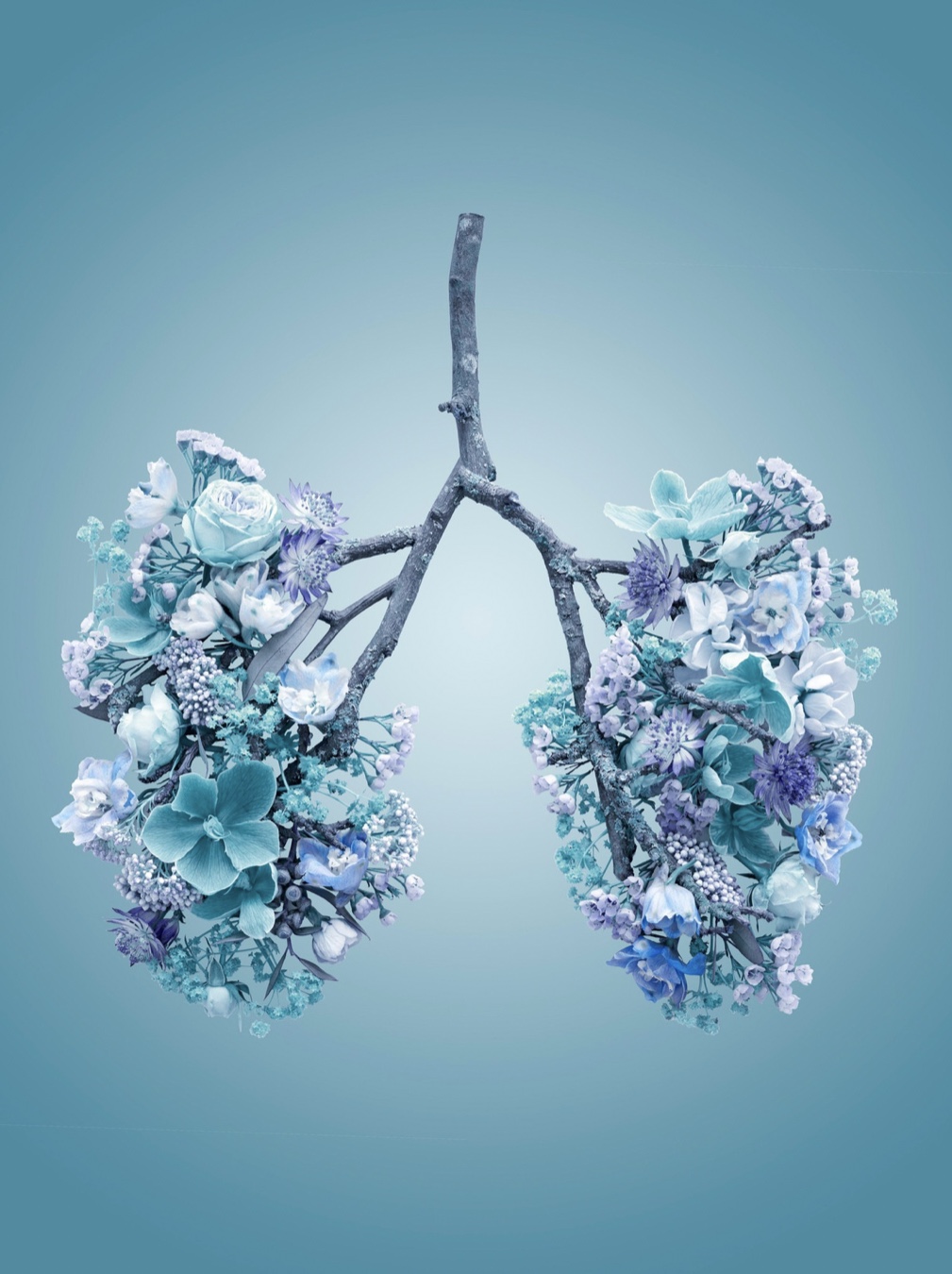
Above steps could help individuals with asthma keep the disease under control and lead quality lives without impediments due to asthma. Ask your doctor about reliever medications and controller medications. Seek medical attention when you feel symptoms are increasing in intensity and duration.




